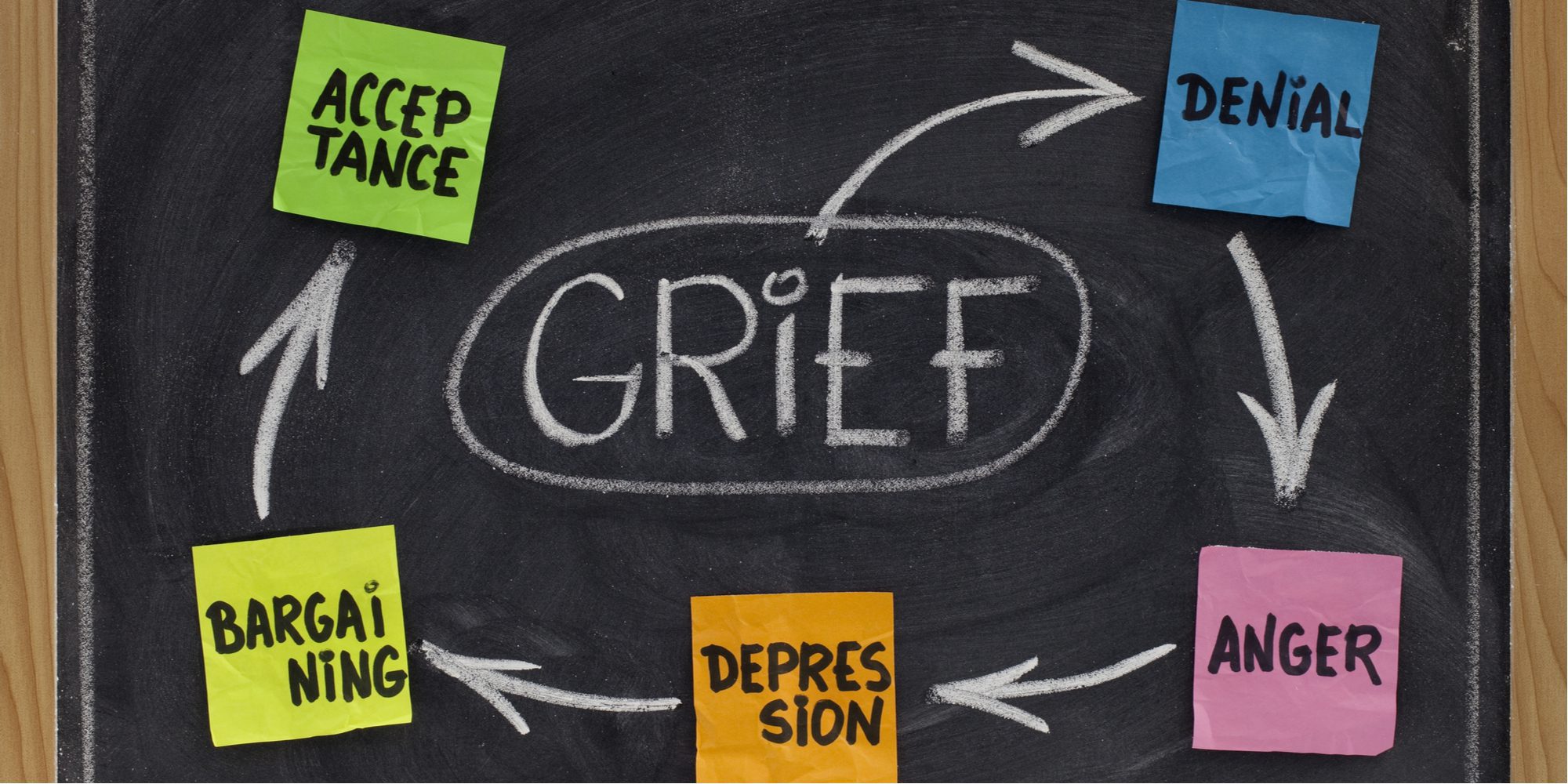Every year, millions of United States veterans find themselves dealing with complicated grief as a result of their military service. But why is this grief so difficult to move past? And what makes veterans so vulnerable to it?
Read on to learn about how veterans can successfully navigate the grieving process and get help for this mental health issue.
How Does Grief Work?

Grief is a process that an individual has to work through. For most people, it might come on a few times throughout their lives, usually due to a devastating loss like the death of a loved one. And while anyone can struggle with grief, the traumatic nature of many military experiences makes veterans far more likely to struggle with these issues.
In a “normal” case, a person would move through the classic five stages of grief: denial, anger, bargaining, depression, and acceptance. But sometimes experiencing grief does not follow this simple plan.
Are you or a loved one in need of help?
First and foremost, friends and family members of military personnel should know that the causes of grief can be wildly different for veterans. For combat exposed veterans, especially those who served in Iraq and Afghanistan, they may experience complicated grief due to things they saw or did while serving. In extreme cases, these experiences could lead to post-traumatic stress disorder (PTSD), and grief may simply be a symptom of this larger mental illness.
Alternatively, grief could result from military sexual trauma (MST). In cases like this, veterans experience sexual harassment or assault during their service, and dealing with these events can require professional mental health care.
What Are the Symptoms of Grief?
Regardless of the cause, grief experts recognize complicated grief as causing prolonged sadness, guilt, or anger. These emotions often cause people to act in certain ways, most commonly:
- Withdrawing from interactions with friends and family members
- Lashing out at others
- Ruminating on past events
But you should keep in mind that the symptoms do not stop there. In many cases of veterans with grief, these feelings lead to other, more self-destructive behaviors.
While experiencing chronic bereavement, veterans may feel that they have no choice but to self-medicate with drugs or alcohol. This is how many military personnel fall into the slippery slope of addiction. By attempting to manage their grief, they become dependent on addictive substances, which can create a host of new problems.
For veterans whose grief and grieving lead to addiction, life often takes a dramatic turn. The most common changes include:
- Losing employment
- Spending large amounts of money on drugs or alcohol
- Trying to drink or get high at the expense of loved ones
- Structuring daily life around drugs or alcohol
And because addiction is a progressive disease, the problems will worsen as time goes on. As the addiction pushes the veteran’s loved ones away, their grief will worsen, leading them to drink and use drugs more frequently. In this way, bereavement can destroy the life of military personnel. That’s why getting quality, evidence-based treatment is so important.
How to Treat Bereavement

When grief creates large-scale problems, the only thing left to do is seek professional health care. But for military personnel dealing with grief and its side effects, traditional rehab may not work. Instead, they may require care that keeps veterans’ unique needs in mind.
At Heroes’ Mile in DeLand, Florida, we are staffed by veterans and work to address the unique challenges that military personnel face every day. When grief has led veterans to addiction, this often starts with our inpatient detox program, which helps them safely recover from drugs and alcohol. From there, they can transition into residential rehab or our intensive outpatient program.
After detox, each level of care offers comprehensive treatment for veterans struggling with addiction and service-related issues. Our most popular treatment options include:
- Equine therapy: By bonding with and caring for horses, veterans learn to process negative feelings and care for another creature again. This evidence-based therapy has been shown to help with the grieving process.
- Cognitive behavioral therapy (CBT): In CBT, veterans learn to distance themselves from harmful thought patterns. Led by a mental health professionals, these sessions help military personnel develop new habits of positive thinking that can help them overcome the pitfalls of grief.
- Support groups: Many veterans face the same issues. In our support groups, veterans come together with a trained mental health expert to discuss their shared experiences with issues relating to their service. By building a supportive community, we help veterans lean on each other for support.
No matter how long you have been living with grief, it’s never too late to get help. If you want to learn more about the care that we offer at Heroes’ Mile, call our admissions specialists at 1-888-838-6692 or fill out a digital contact form. Bereavement is a challenge that many veterans face, and we want to help you through this difficult time with our world-class care.
Are you or a loved one in need of help?

